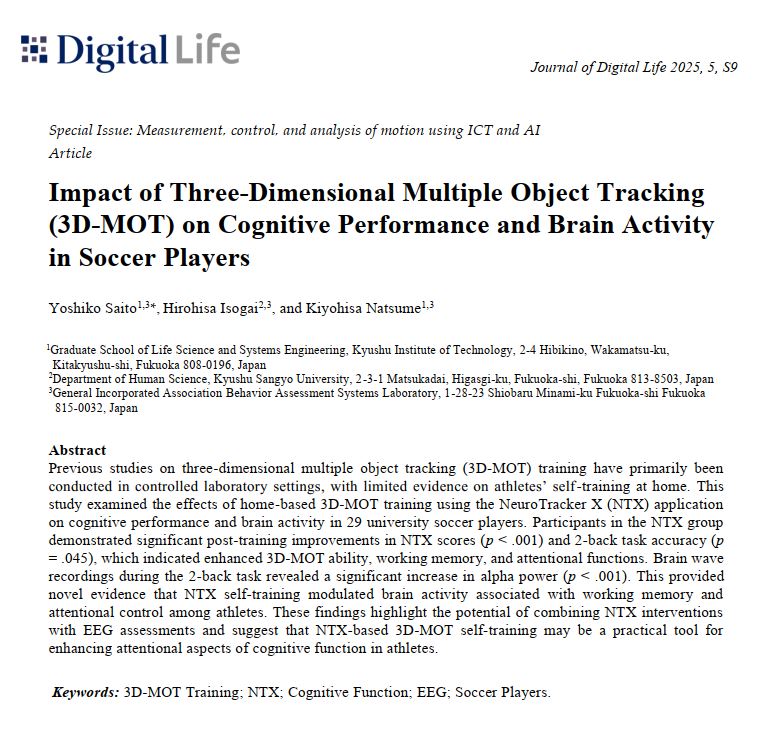Welcome to the Research and Strategy Services at in today's fast-paced.


Most people are familiar with the idea that clumsiness can come from being anxious about the judgements of others – think of a driving test for example. This concept has now moved from the realms of psychology into neuroscience with a recent study showing that simply being watched can deactivate motor-skill areas in the brain. Neuroscientists at the University of Sussex’s Sackler Centre and Brighton and Sussex Medical School gave participants a motor-skill task under two conditions – one not being watched, another being watched by two observers.
Participants reported that they felt more anxious when they believed they were being observed. Brain activity was scanned while performing that task and revealed that the act of observation caused a region of the brain responsible for fine motor-control to shut down, and this matched a measurable loss of skill in performing the task. This brain region is also strongly connected to the action-observation network (AON), which helps us infer what other people are thinking about us and act accordingly.
Prior research with pianists showed that observation could cause hitting of the piano keys too firmly, but this is the first research to identify this kind of effect from a neurophysiological mechanism, and to pinpoint the source of the effect. This is an interesting finding for sports, as small changes in movement accuracy can greatly reduce performance outcomes.
However, as stressed by the researchers, the critical factor in generating anxiety is whether there is a negative or positive perception of how people are viewing us. For example this rings true in soccer penalty kick takers who are known to drop drastically in success rate when missing the shot could lose the game. Similarly, sports science research has also found confidence level can counter the effects of anxiety and is a psychological characteristic of elite athletes.
The bottom line is that shifting your attention away from anyone judging you negatively, or instead imagining them judging you positively, could make help keep your motor-skills accurate when you need them







Welcome to the Research and Strategy Services at in today's fast-paced.

You improved your sleep — but your focus didn’t change. This guide explains how circadian timing, cognitive load, and recovery patterns influence attention beyond sleep duration alone.

If your thinking feels slower than usual, it doesn’t automatically mean something is wrong. This guide explains common short-term causes, normal cognitive variability, and how to interpret changes calmly over time.

Many professional roles require cognitive performance to be sustained over long periods rather than demonstrated briefly. This article explains how sustained cognitive load shapes performance in knowledge-work and monitoring environments.
.png)